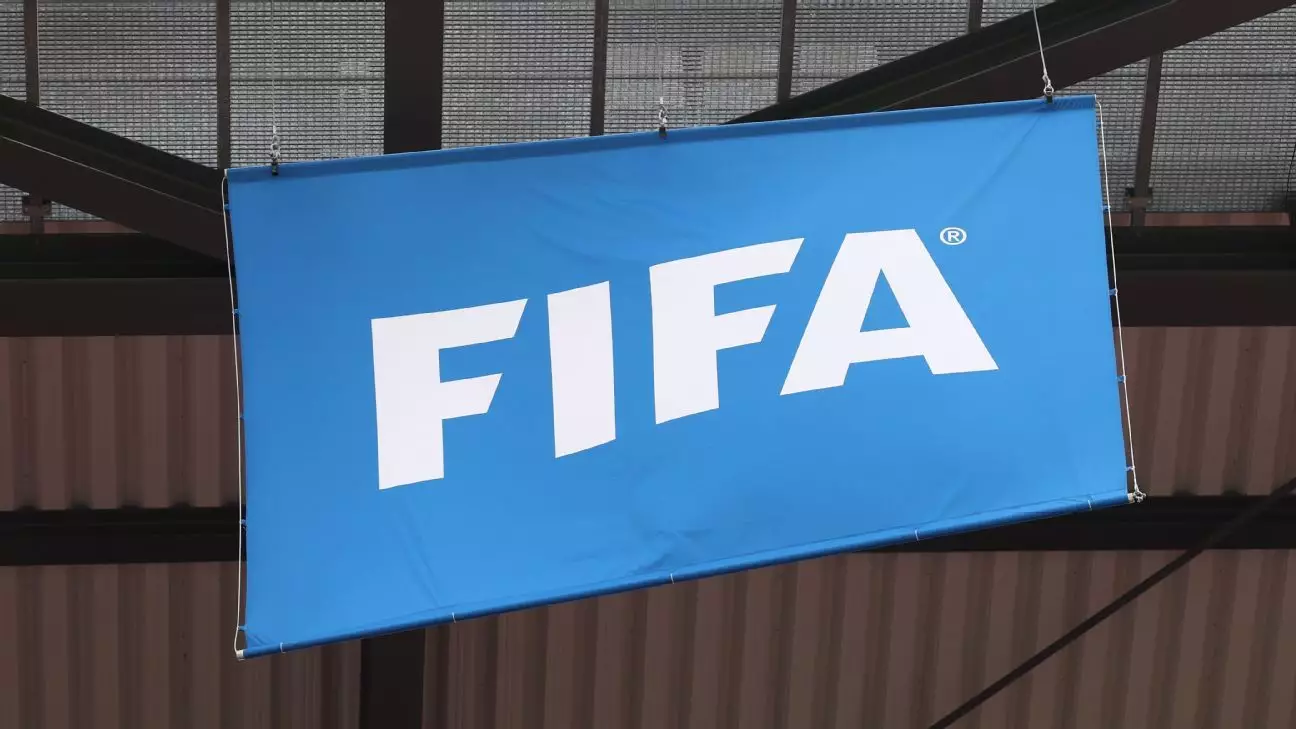In a groundbreaking move that echoes the tensions of the European Super League saga, European football authorities and FIFPRO—the global players’ union—have taken a bold stand against FIFA regarding the excessive demands of the international football calendar. This confrontation brings to light the ongoing struggle between player welfare and the ambitions of governing bodies, which may well shape the future of the sport.
Antitrust Lawsuit: A Historic Step
On a pivotal day for football, a coalition of stakeholders, including FIFPRO and the European Leagues, which encompasses 37 domestic leagues, has initiated an antitrust lawsuit against FIFA. The suit was filed at the European Commission in Brussels, emphasizing accusations that FIFA is abusing its power as both the tournament organizer and regulator. As LaLiga President Javier Tebas articulated, this lawsuit represents a critical juncture for the sport, drawing parallels with the failed European Super League initiative.
FIFPRO, representing professional footballers globally, asserts that their attempts to negotiate a more player-centric calendar have been rebuffed by FIFA. The governing body has shown a reluctance to engage in meaningful consultation, suggesting that their top-down approach is disregarding the opinions and health of the athletes it governs. This lawsuit highlights a perceived imbalance in football governance, where FIFA’s decisions seem driven more by self-interest than by the welfare of players and clubs.
One of the most contentious issues is the considerable workload placed on players. The frequency and intensity of matches have increased in recent years, prompting significant concerns among athletes and coaches alike. Premier League CEO Richard Masters pointed out that the situation has reached a “tipping point.” Prominent players, such as Manchester City midfielder Rodri, have voiced fears over the unsustainable pace of the game, hinting that players may be on the brink of striking in their pursuit of better conditions.
The push for a more condensed schedule, coupled with mandated rest periods, reflects a grassroots concern among footballers. FIFPRO’s own research reveals that a whopping 72% of players support reducing the existing calendar and ensuring periods for recuperation. The statistics are staggering: last season, 17% of players exceeded 55 appearances, and many were locked into sequences of six or more consecutive matches. Such demands place immense physical pressures on athletes who are expected to perform at peak levels week after week.
In response to these challenges, FIFA has defended its newly established calendar, which remains in effect until 2030. The organization contends that its schedule was approved by its council and includes input from both FIFPRO and league bodies. FIFA argues that its calendar is essential for balancing domestic and international competitions, suggesting that without such a structure, the survival of international football would be jeopardized.
Moreover, FIFA claims that the much-debated Club World Cup, slated to occur once every four years, will have negligible impacts on the overall football calendar and player well-being. While some data suggests that the average number of matches played by teams has not drastically increased compared to previous decades, this assertion fails to address the increasing pace and physicality of modern-day football.
This lawsuit could lead to significant changes not just within FIFA, but across the global football landscape. Beyond the immediate concerns regarding the workload, the case highlights broader issues around the treatment of players and their collective rights. Legal precedents established during this conflict may pave the way for enhanced labor protections for footballers, including mandated rest periods.
As this legal battle unfolds, domestic players’ unions in England, France, and Italy are also taking action against FIFA in a similar vein. These unions argue for better employment standards, aiming for mandated vacation time for players to escape the relentless grind of their schedules.
The emerging tensions between FIFA, FIFPRO, and various football leagues signify more than a dispute over calendar logistics; they underscore a critical dialogue about the future of the sport. The ongoing pressure on players to perform within an ever-expanding schedule is unsustainable. As the lawsuit proceeds, the football community watches closely, hopeful that it will usher in a new era of respect for player welfare, balance in scheduling, and genuine dialogue between governing bodies and the individuals they serve. The outcome of this case isn’t merely legal; it is fundamentally about protecting the heart of football: its players.

Leave a Reply